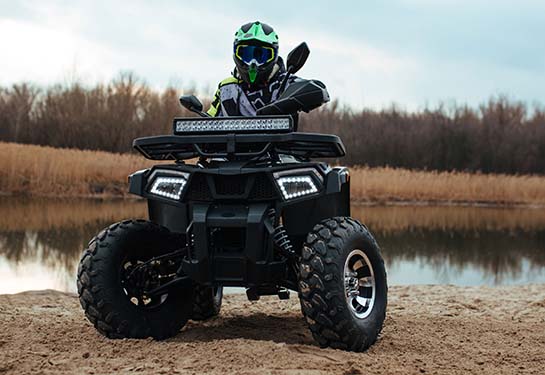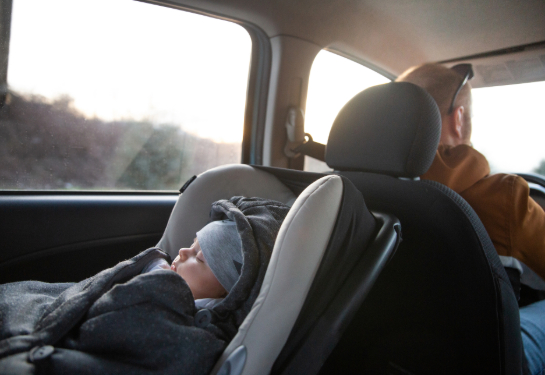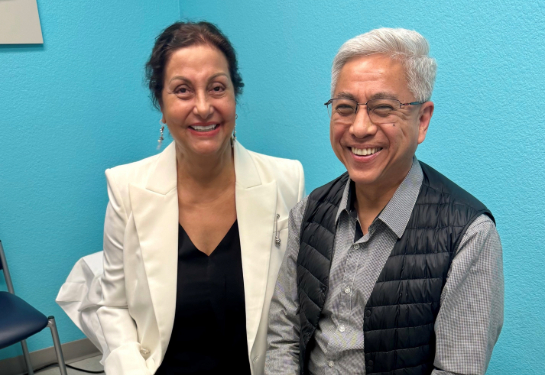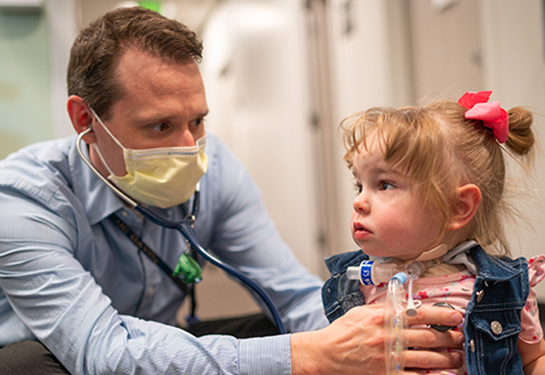12 safety tips to reduce ATV injury
ATV injuries among children more than doubled during the pandemic
All-terrain vehicles (ATV) offer adventure for riders, but parents need to be aware of the dangers when children are involved.
ATV injuries have skyrocketed at UC Davis Children’s Hospital over the past two years. So, pediatric trauma surgeons are sounding the alarm about the dangers of ATVs for children under 18 years of age.
Injuries in children ages 6 to 17 more than doubled, from 42 cases in 2019 to 103 cases in 2021. Children comprised 62% of all ATV injuries seen in the emergency department.
In an overwhelming majority of cases, helmets and protective gear are not being used.
“We know that wearing a helmet and protective gear when riding an ATV can do a lot to prevent or at least reduce injuries,” said Jonathan Kohler, pediatric trauma medical director at UC Davis Children’s Hospital. “Of all the people killed in ATV accidents in 2019, 95% were not wearing a helmet.”
Common ATV-related injuries include abdominal trauma, abrasions and lacerations, head and neck injuries or in extreme cases, death.
The following are 12 safety tips to keep in mind while riding in an ATV to prevent unintentional accidents and injuries:
- Check the state or local laws and regulations where you ride.
- Adults and children should take a hands-on ATV safety course from a qualified instructor ATV Safety Rider Course.
- Always wear a helmet and other protective gear, such as eye protection, boots, gloves, long pants and long-sleeved shirt.
- Helmets should be motorcycle-quality, not bicycle-quality.
- Children should ride an ATV that is right for their size and age.
- Children younger than 6 years of age should never be on any ATV – either as a driver or passenger.
- ATVs are designed to be driven only on off-road terrain, not paved surfaces.
- Always ride at a safe speed on a designated ATV trail.
- Only ride during daylight hours.
- Know basic first aid to treat minor injuries and be able to get help if in an emergency.
- Never ride with more passengers than there are seats. Most ATVs are designed for one rider and should only have one person on them – the driver.
- Never ride under the influence of alcohol or drugs.
“ATVs are not toys. The American Academy of Pediatrics recommends that children under 16 not ride ATVs at all. But if you’re going to ride, following safety recommendations like taking an ATV hands-on training course and wearing protective gear can go a long way in preventing injury,” said Minna Wieck, pediatric trauma surgeon at UC Davis Children’s Hospital.
For more information, visit ATVsafety.org.




